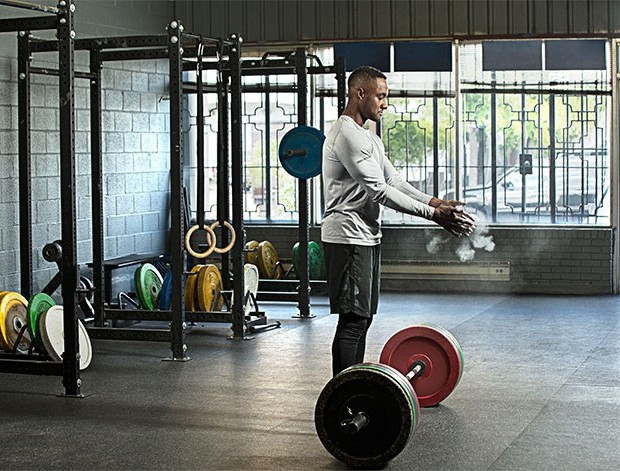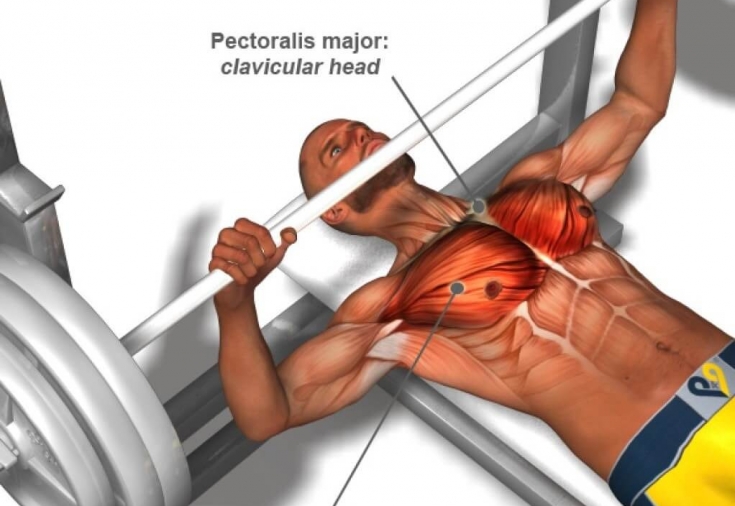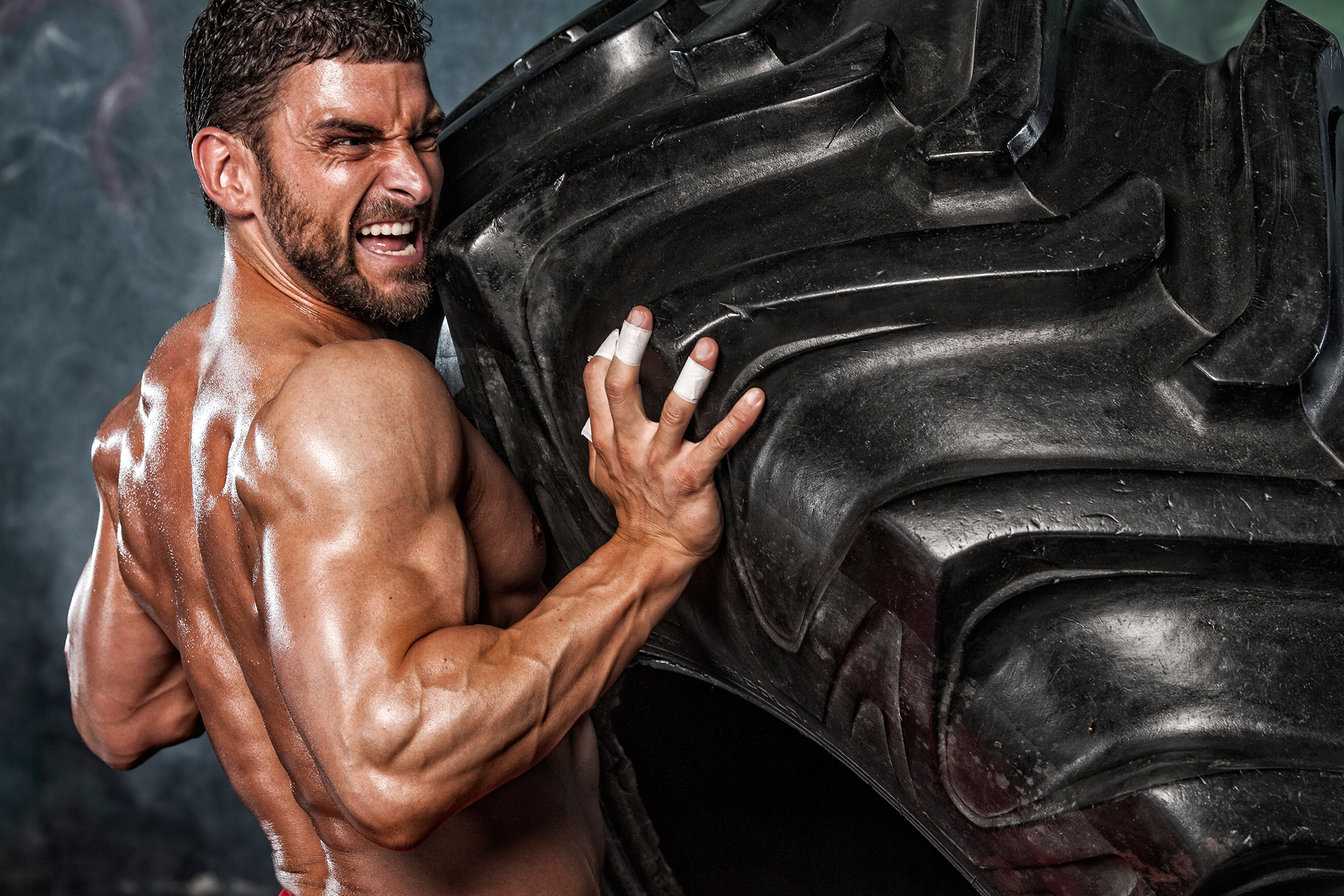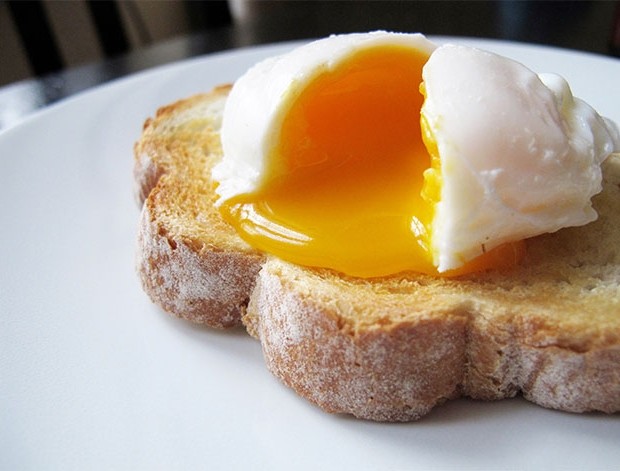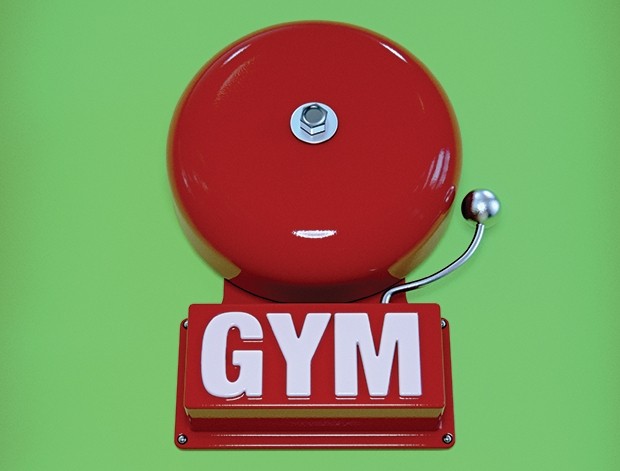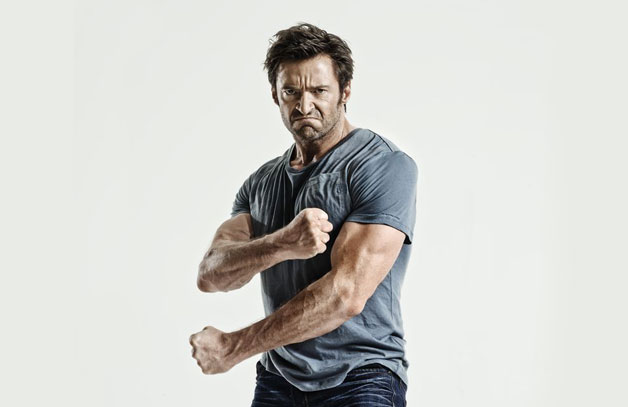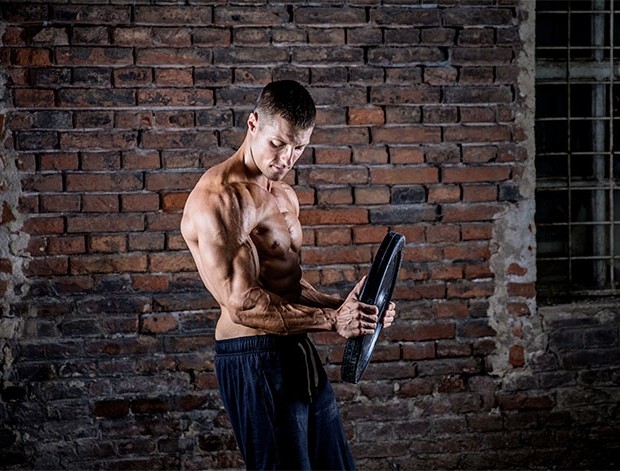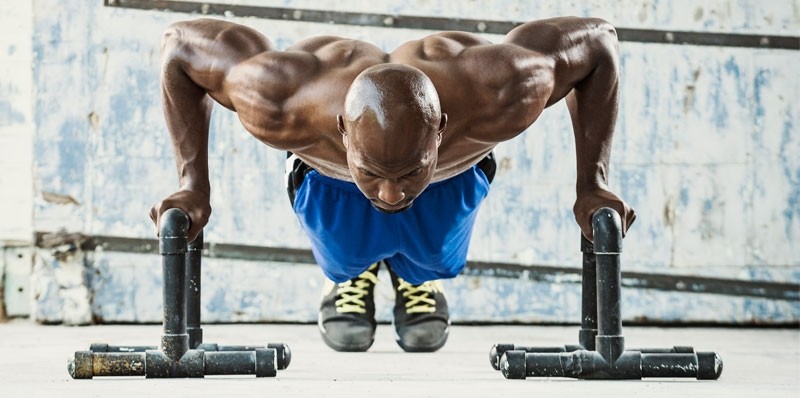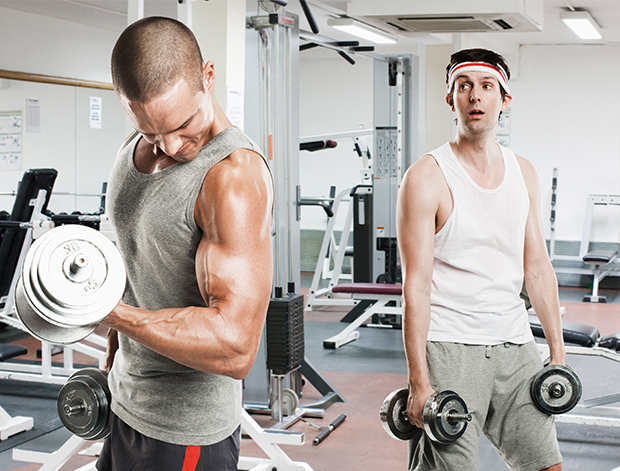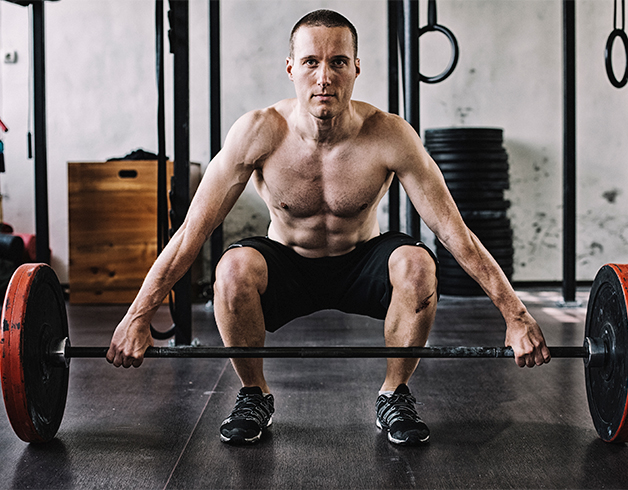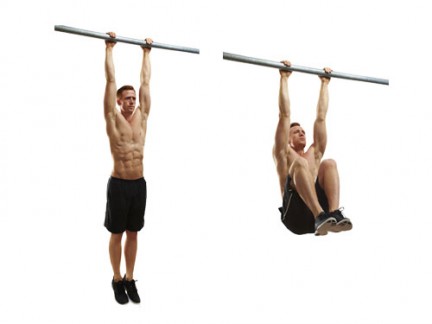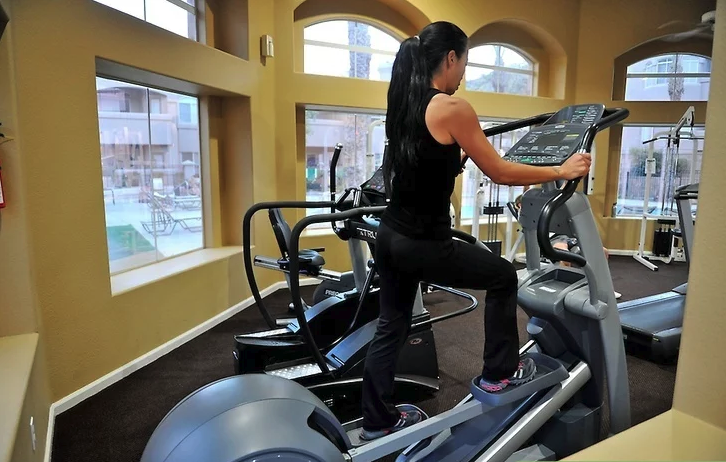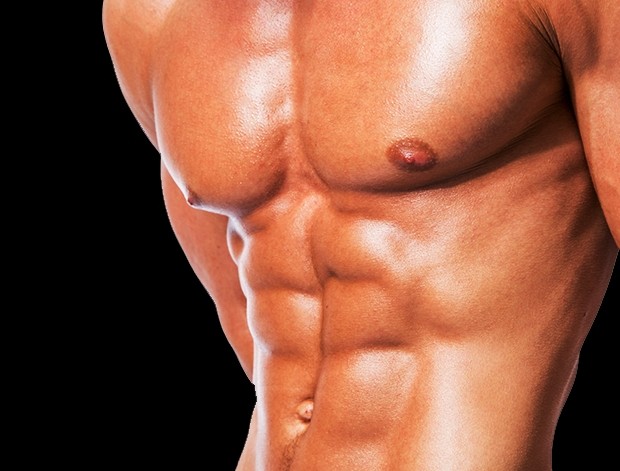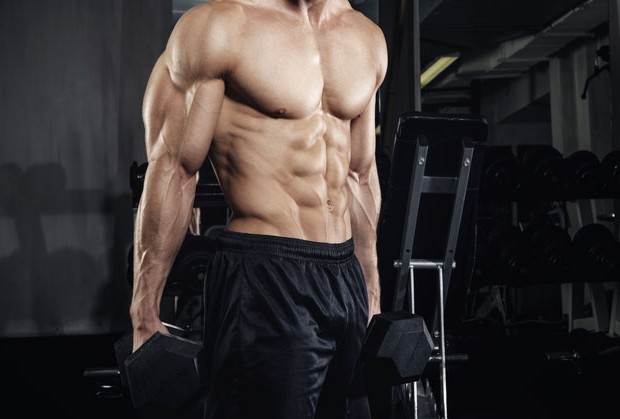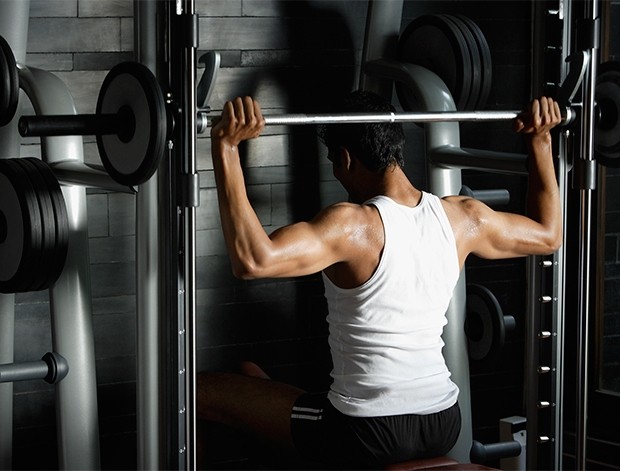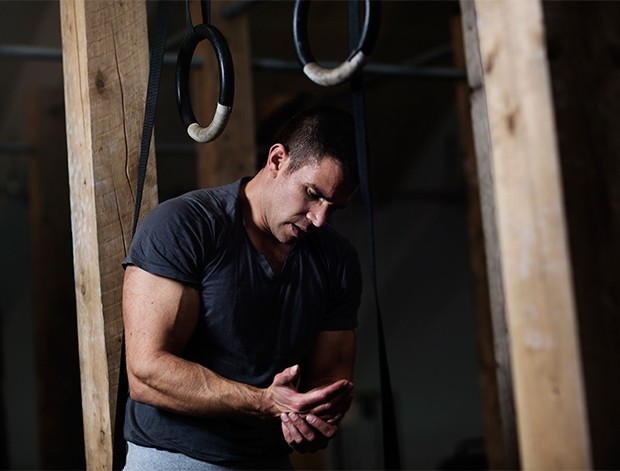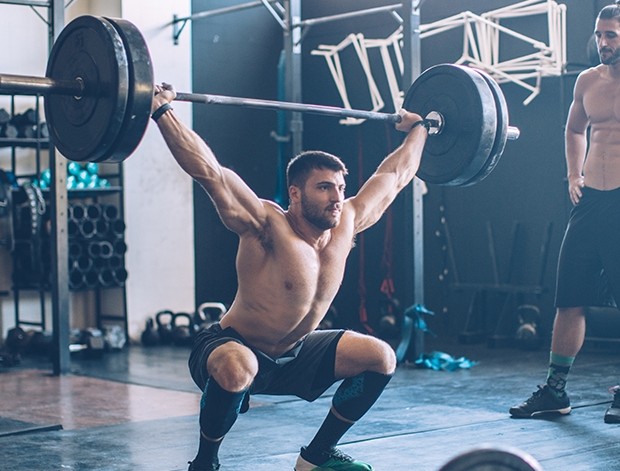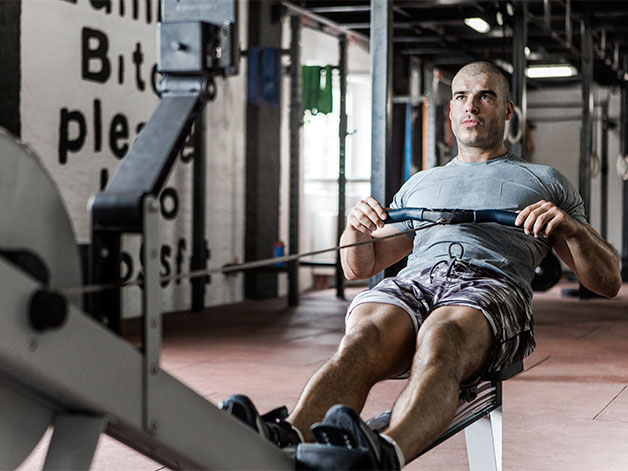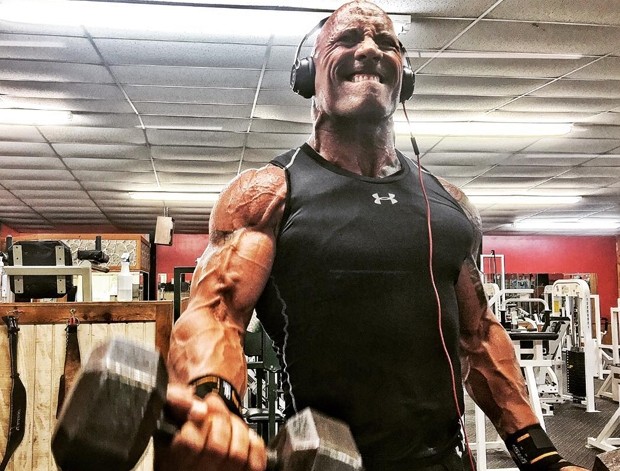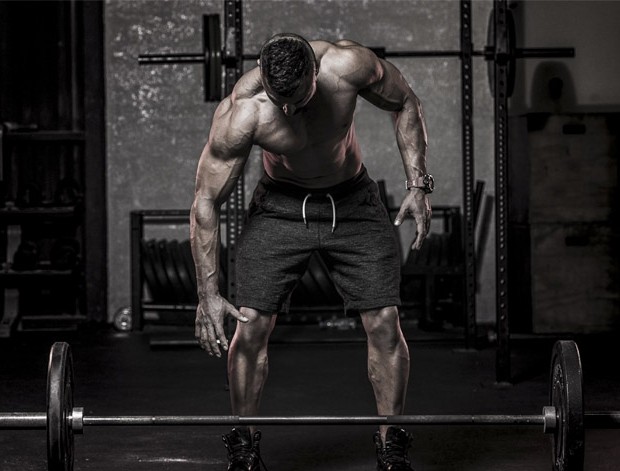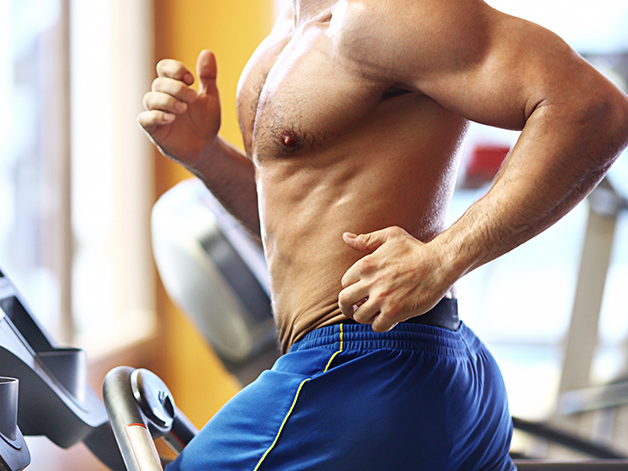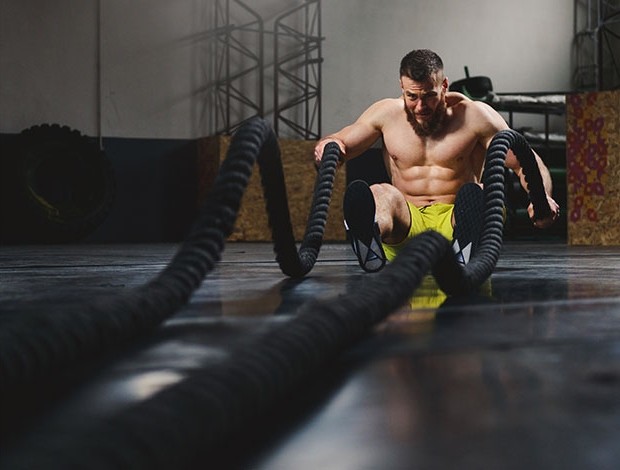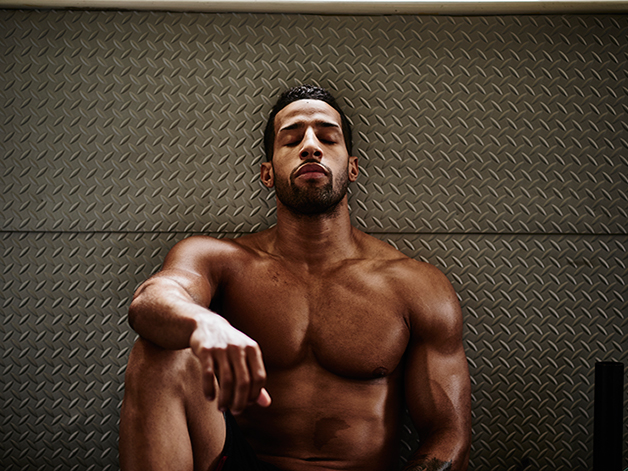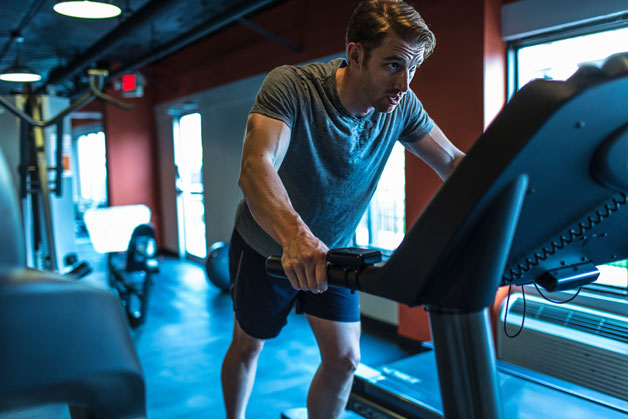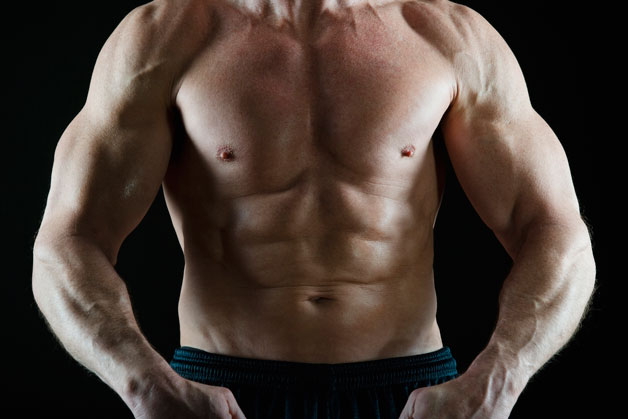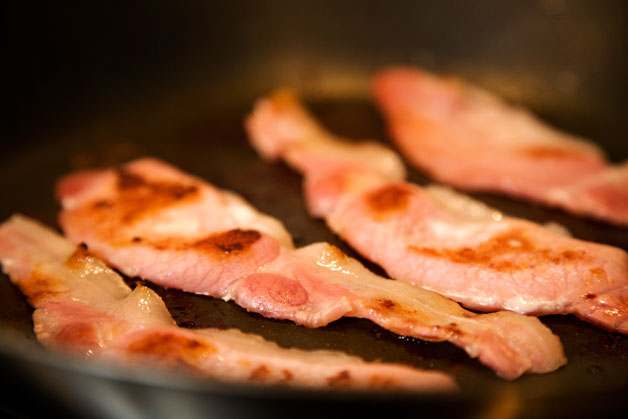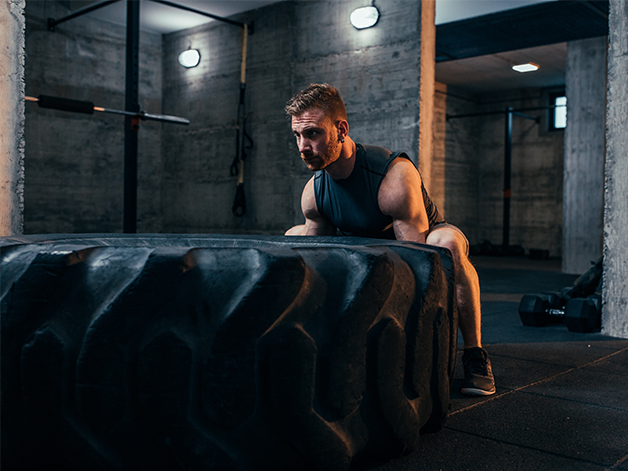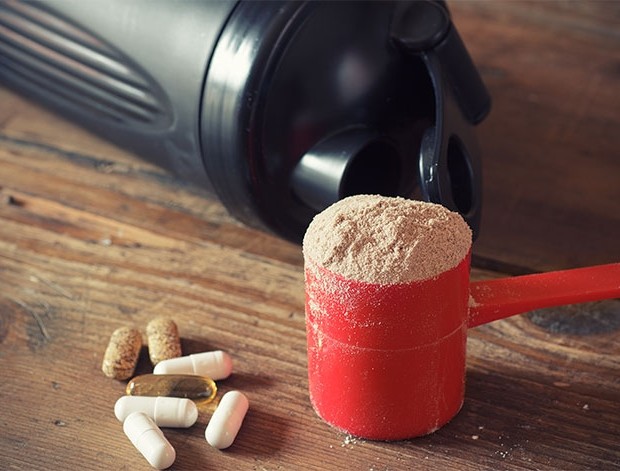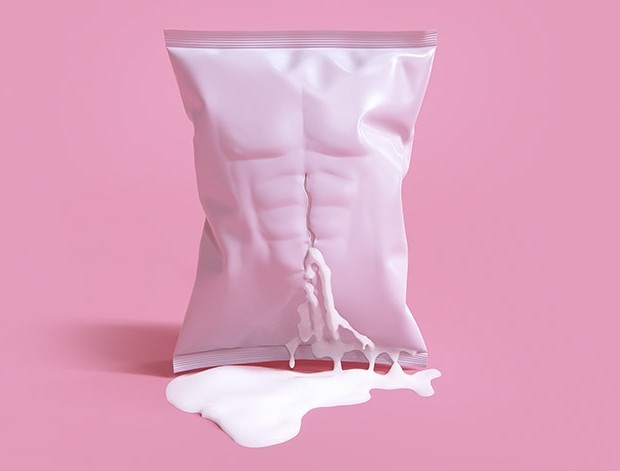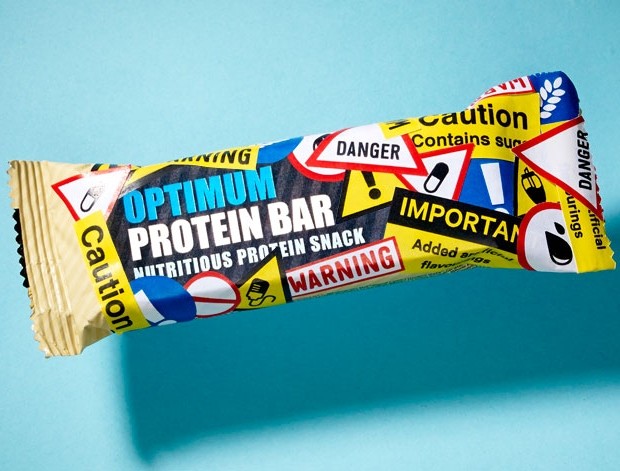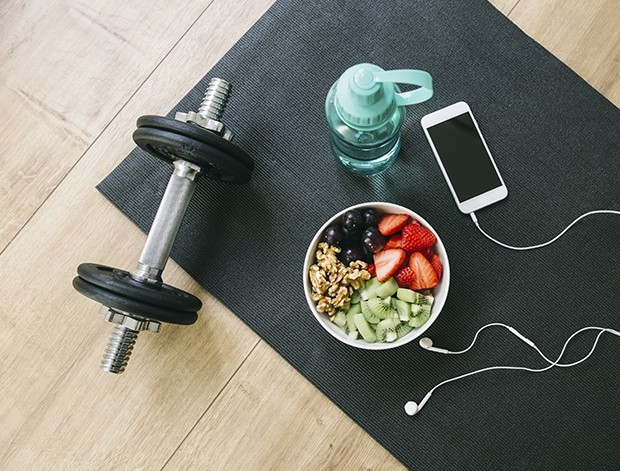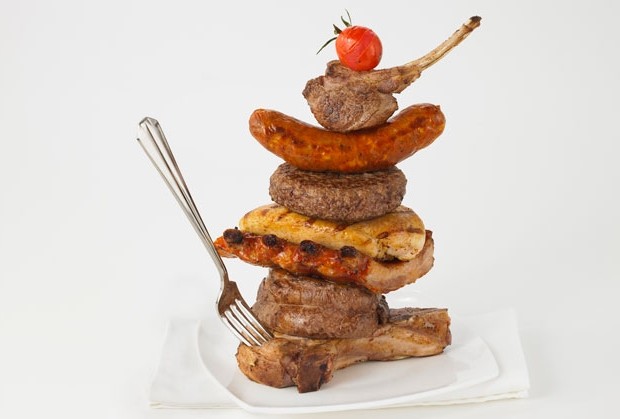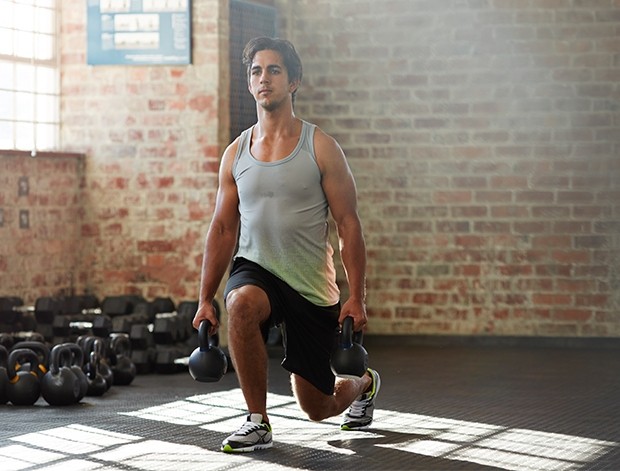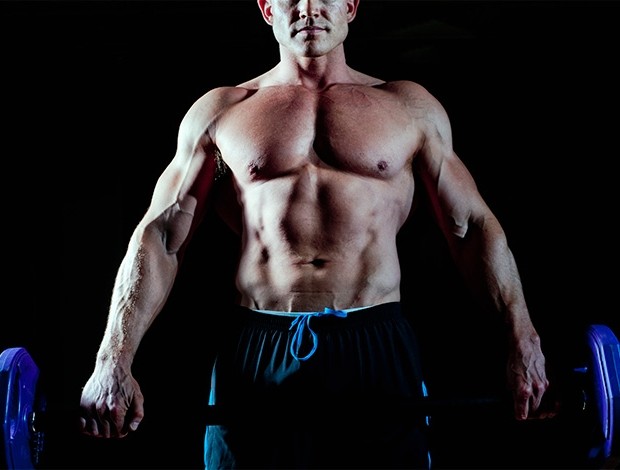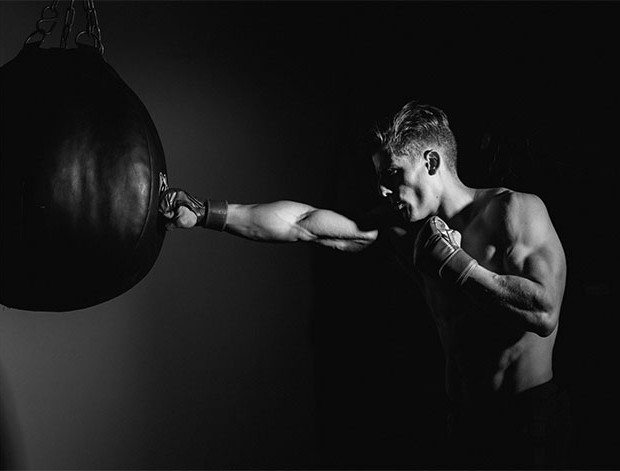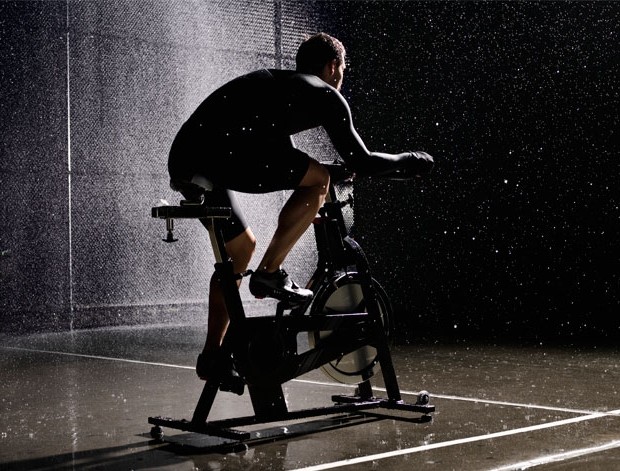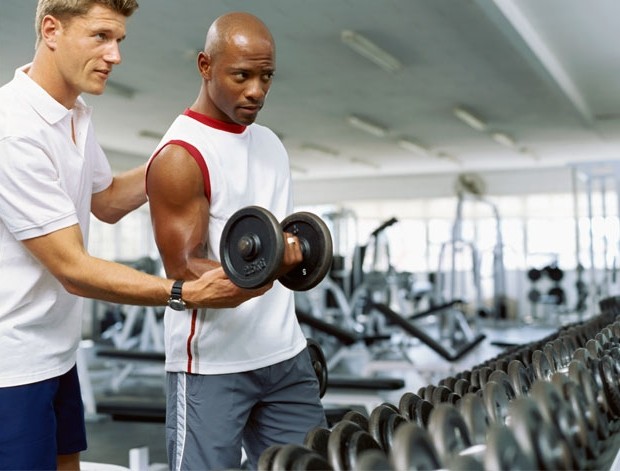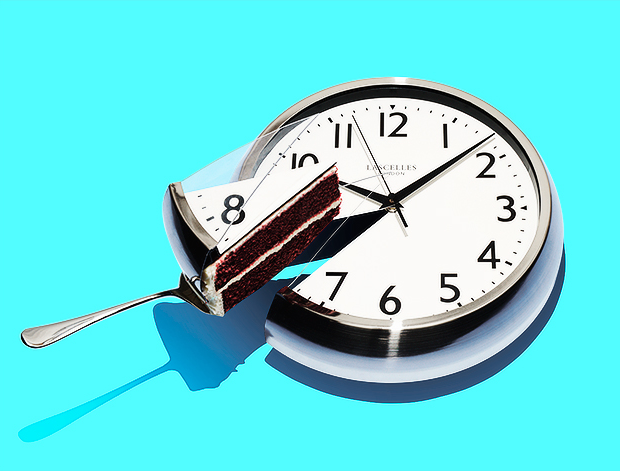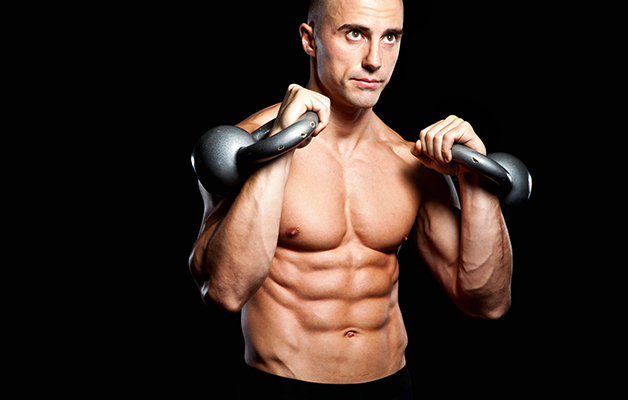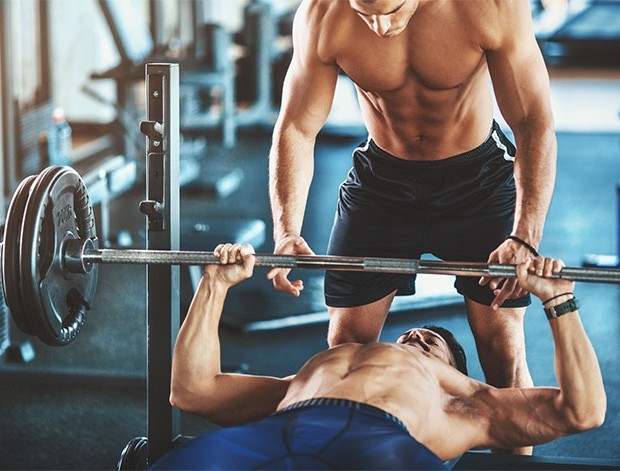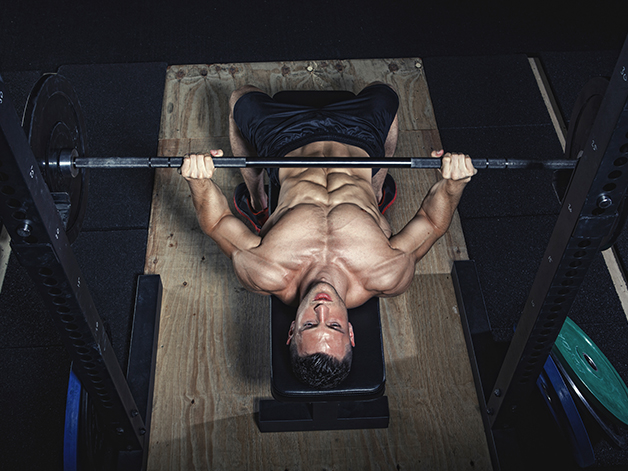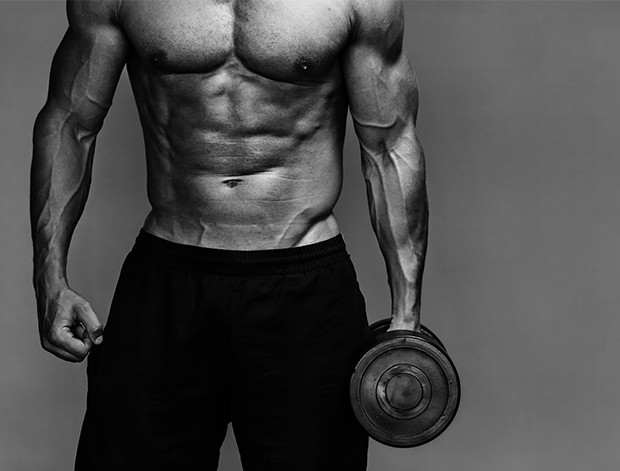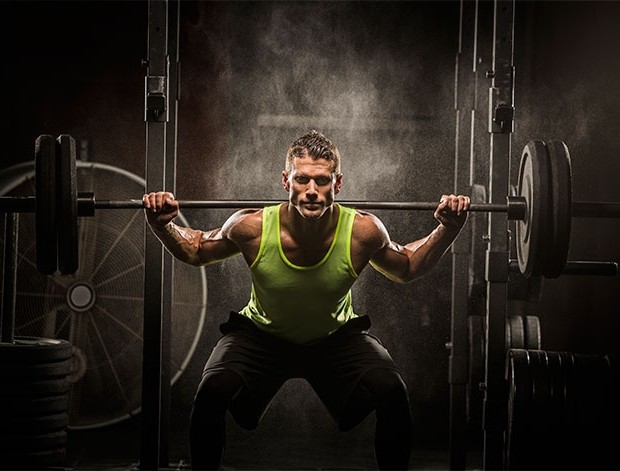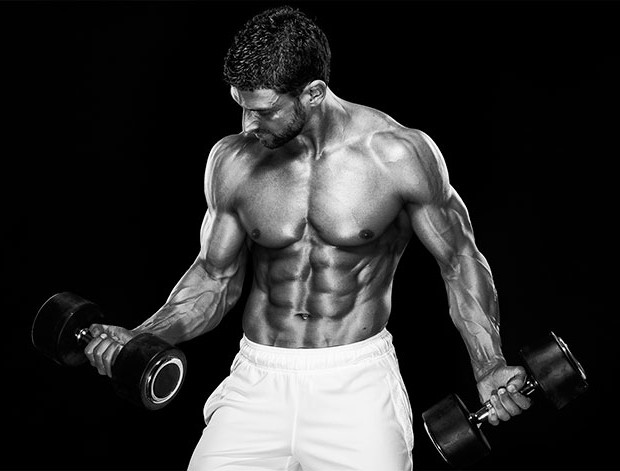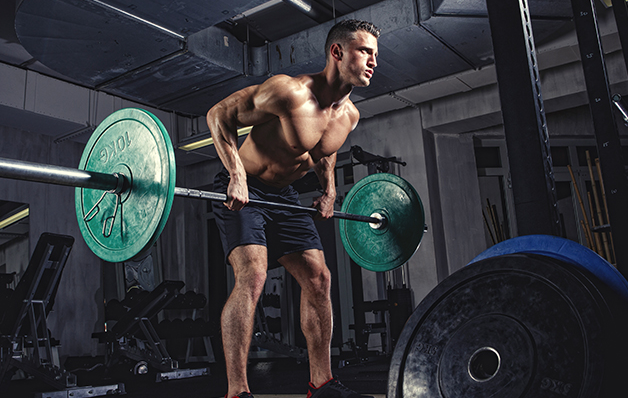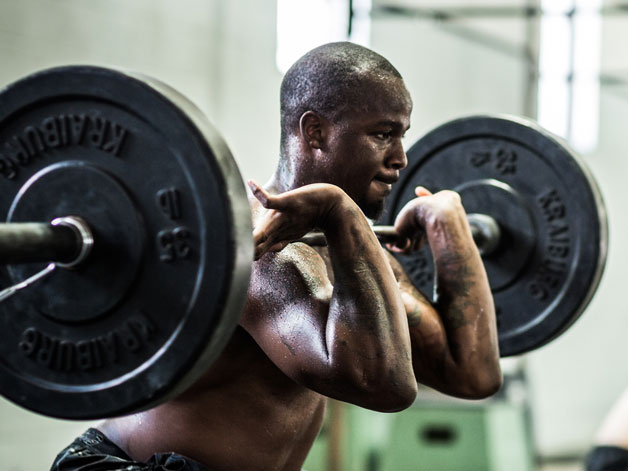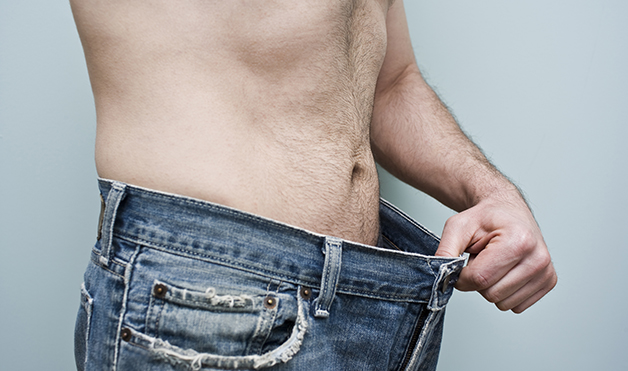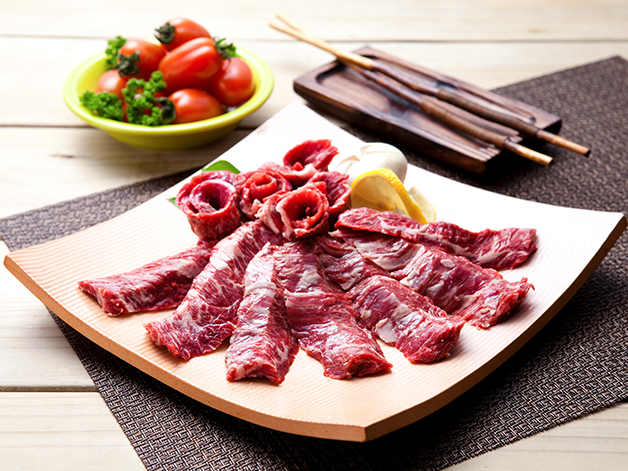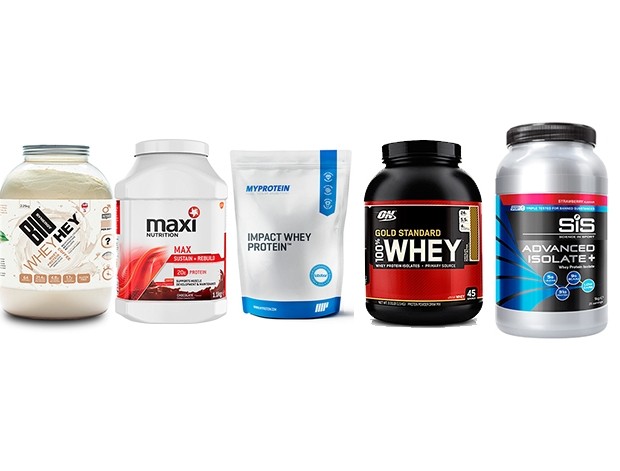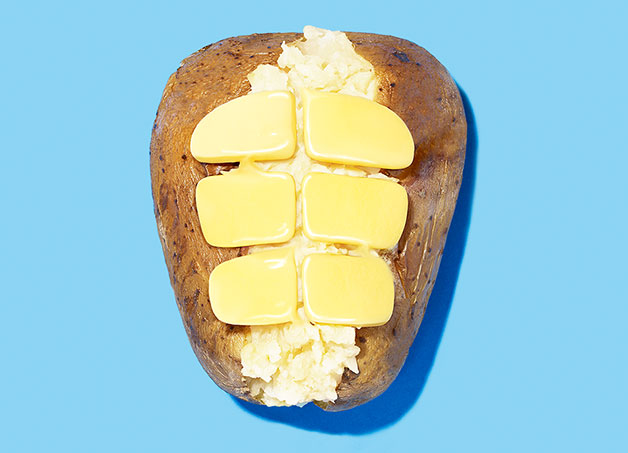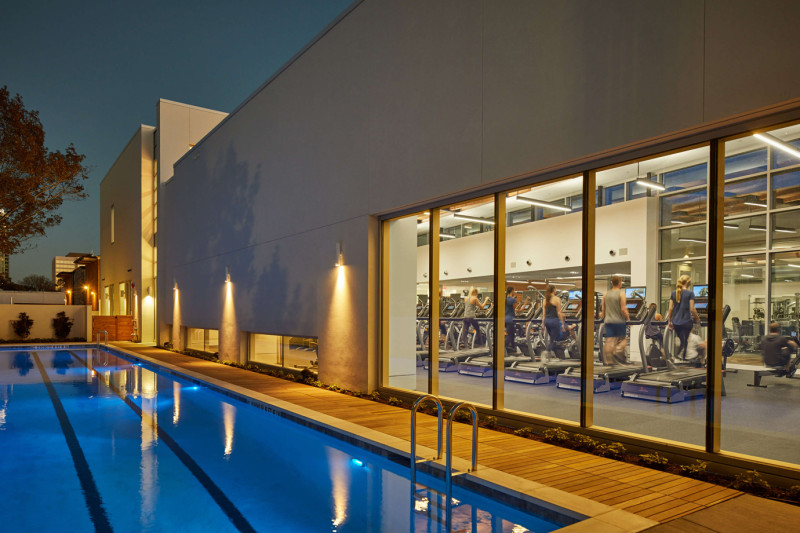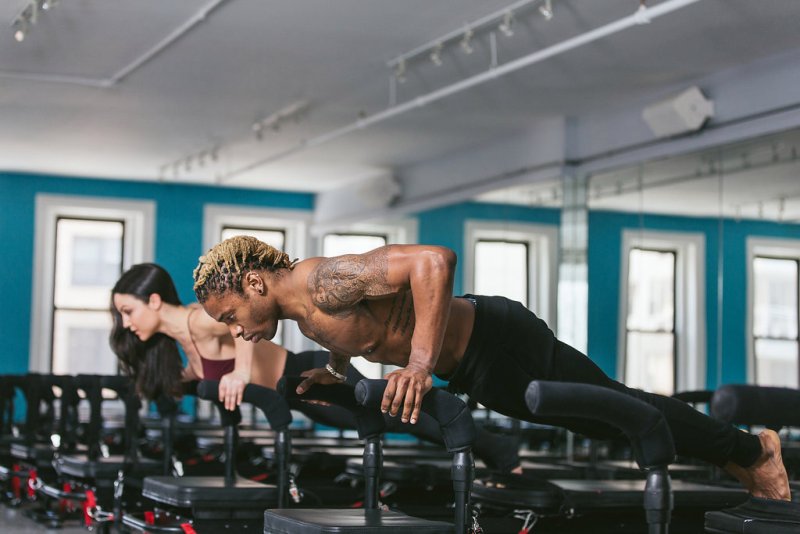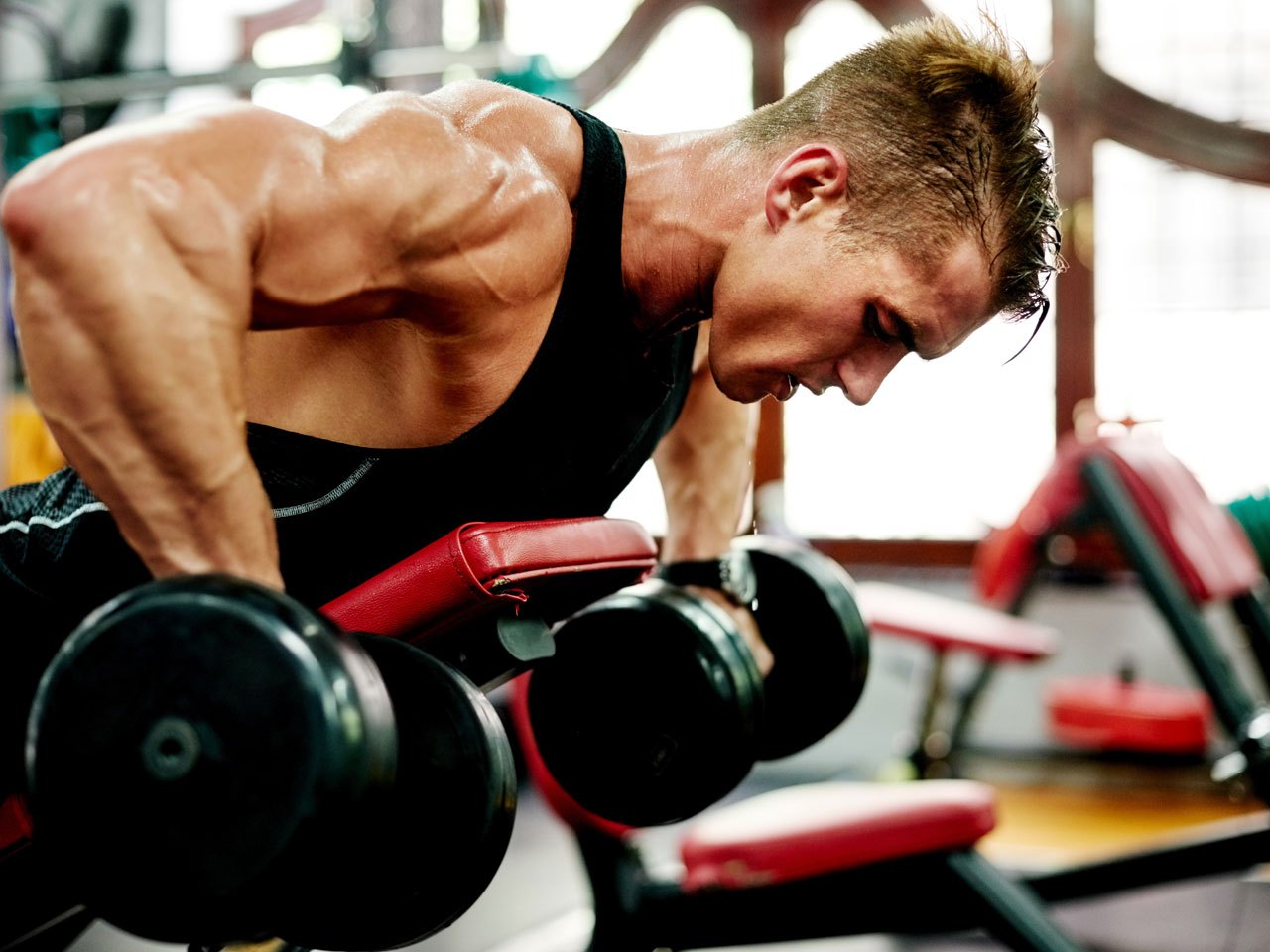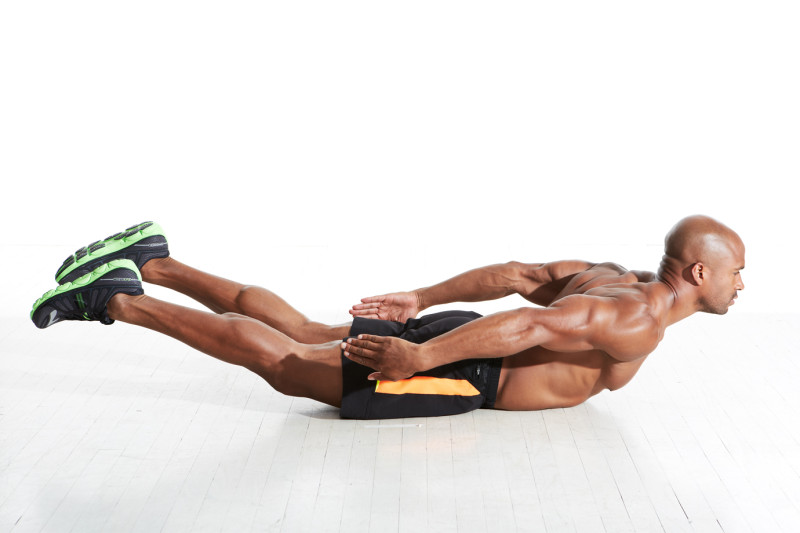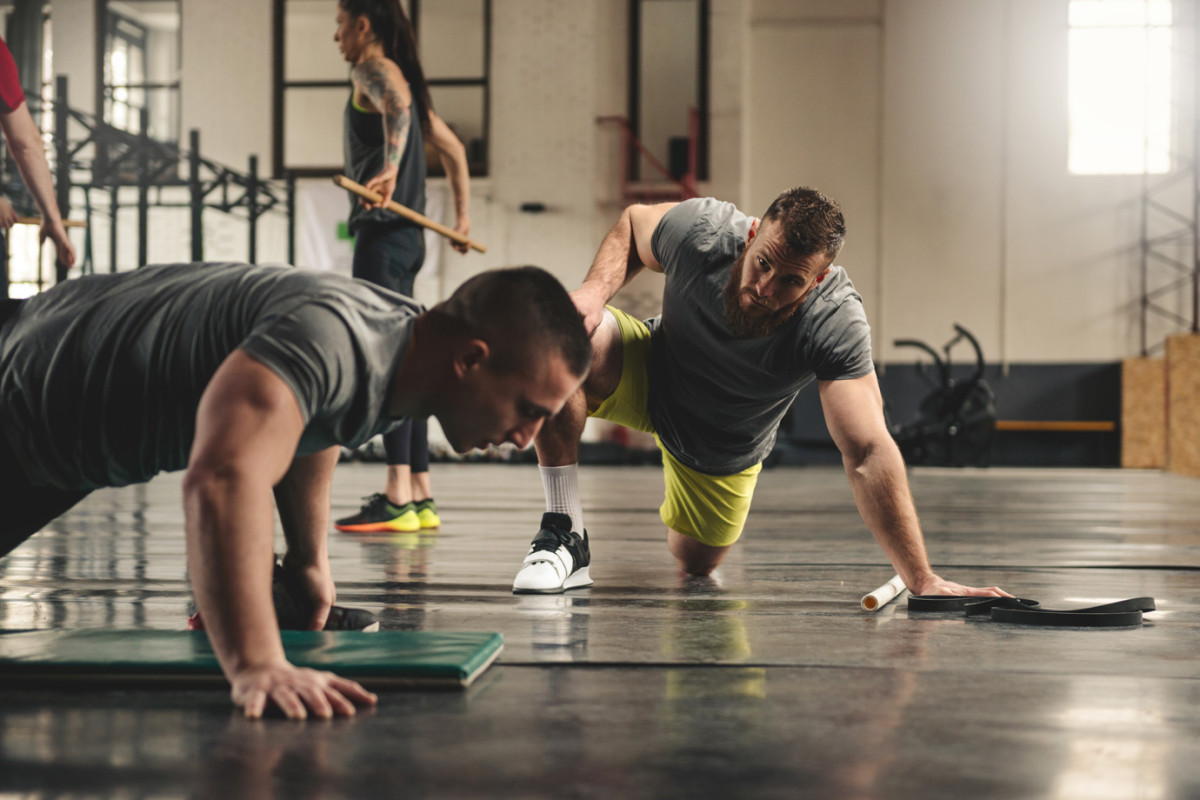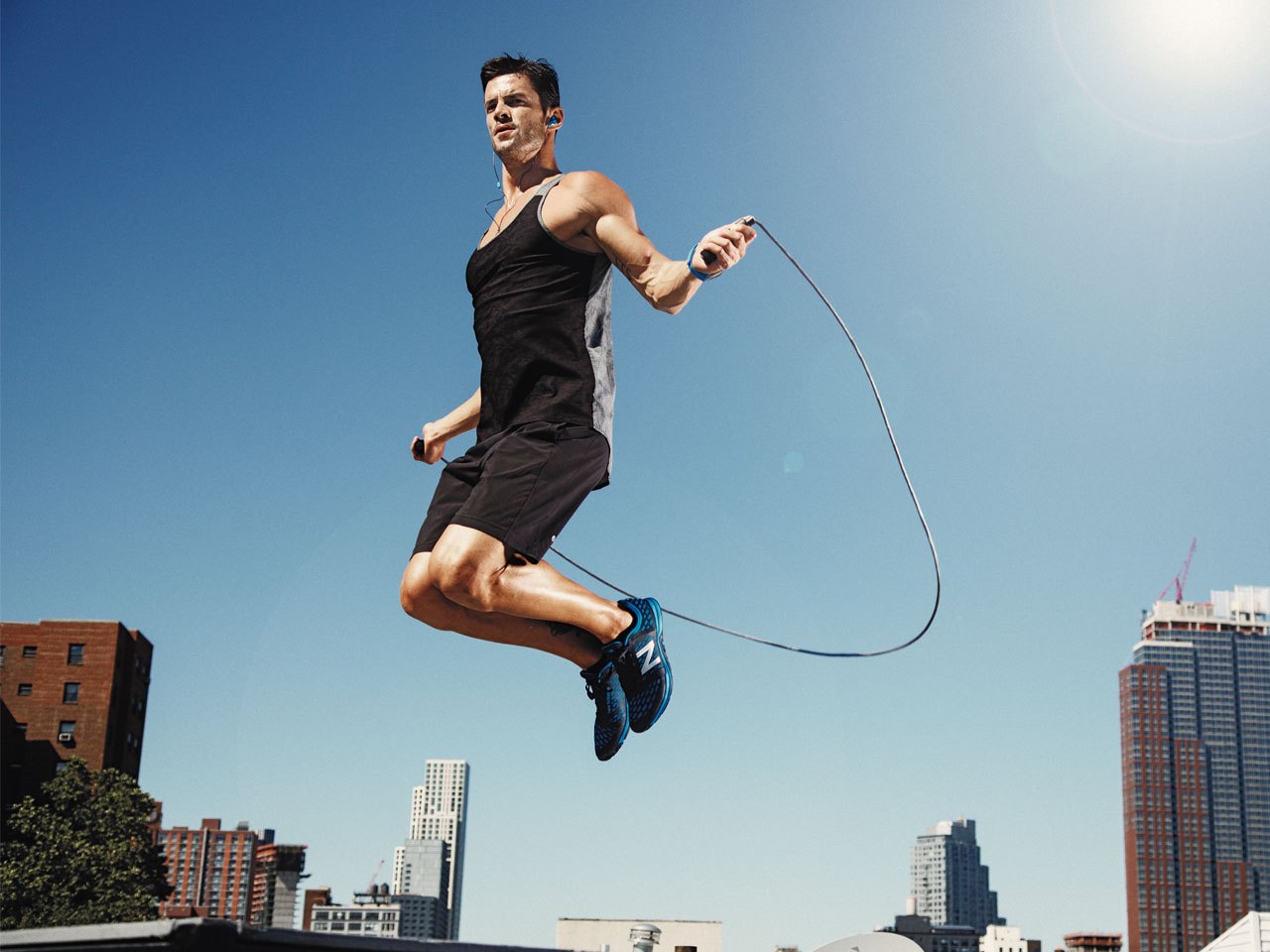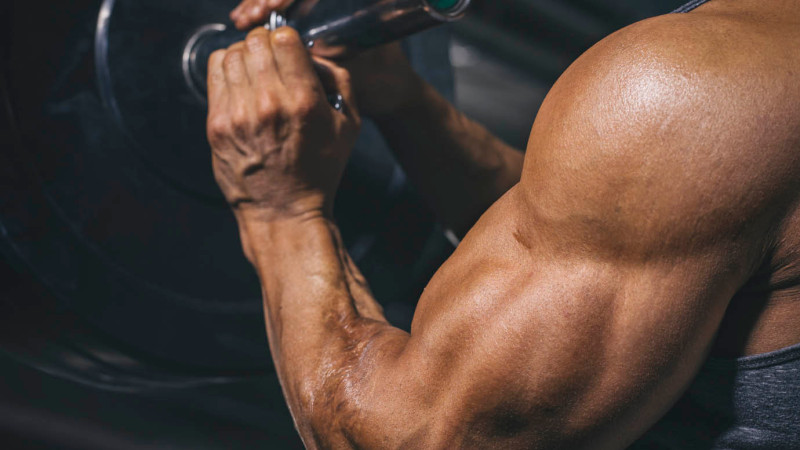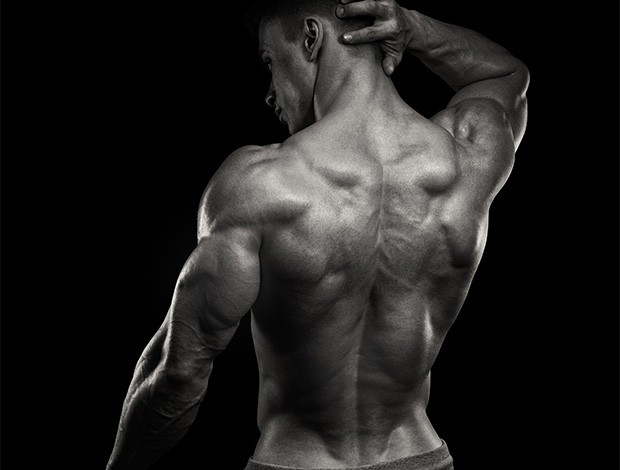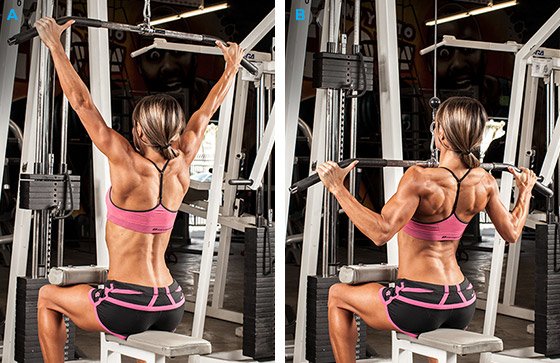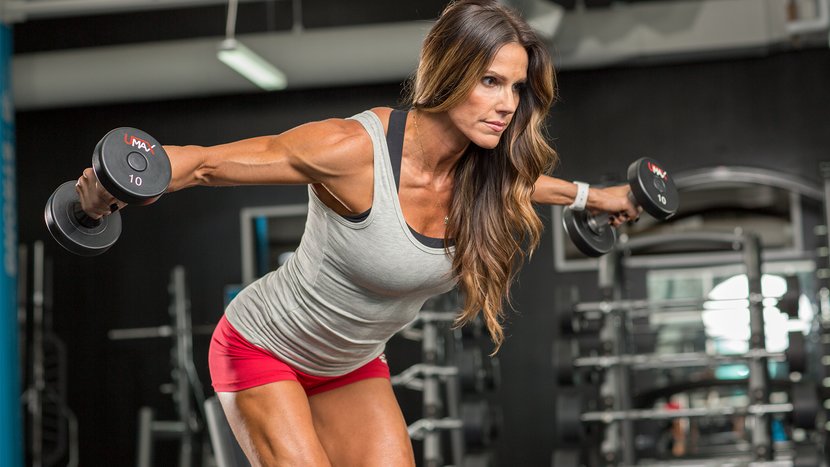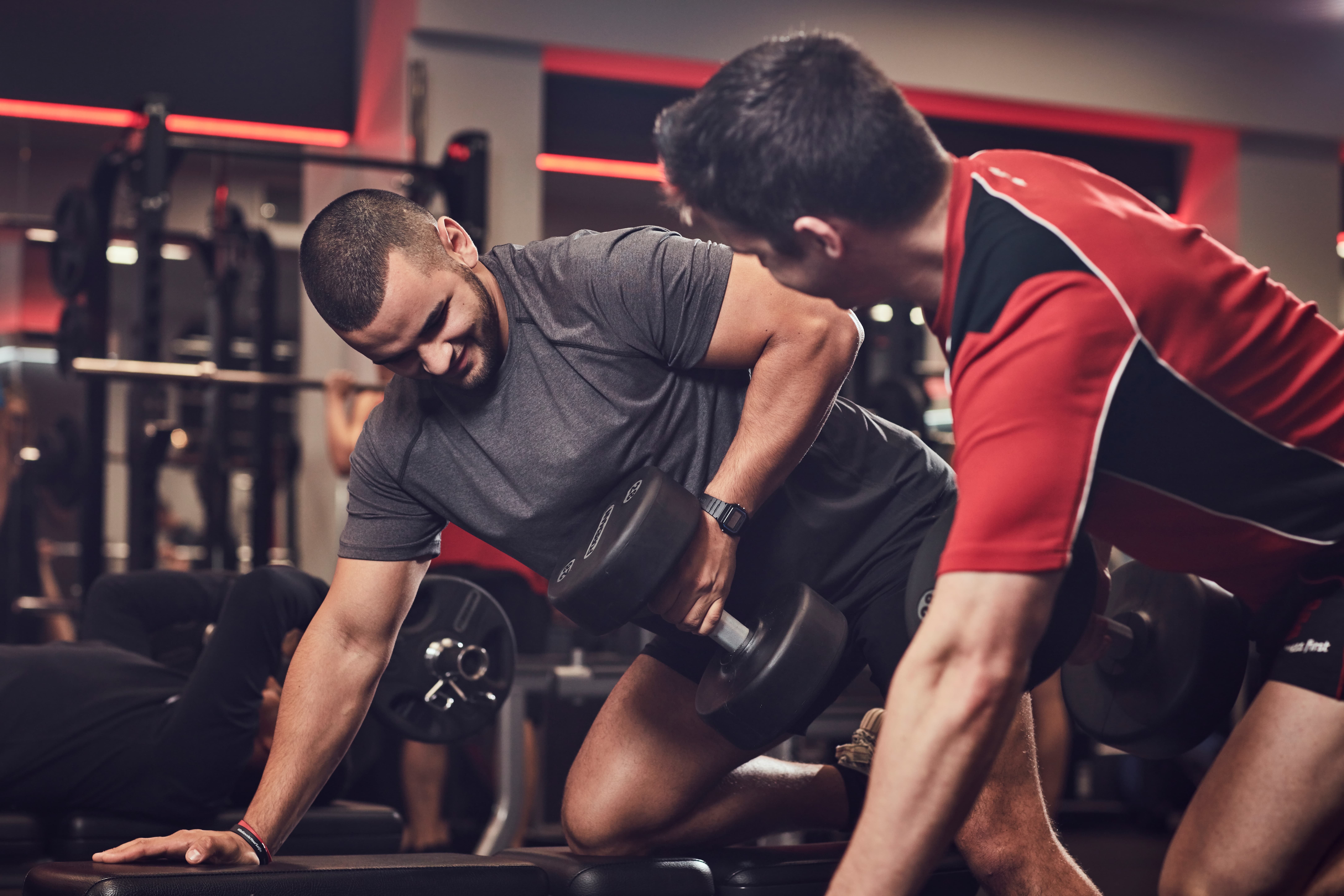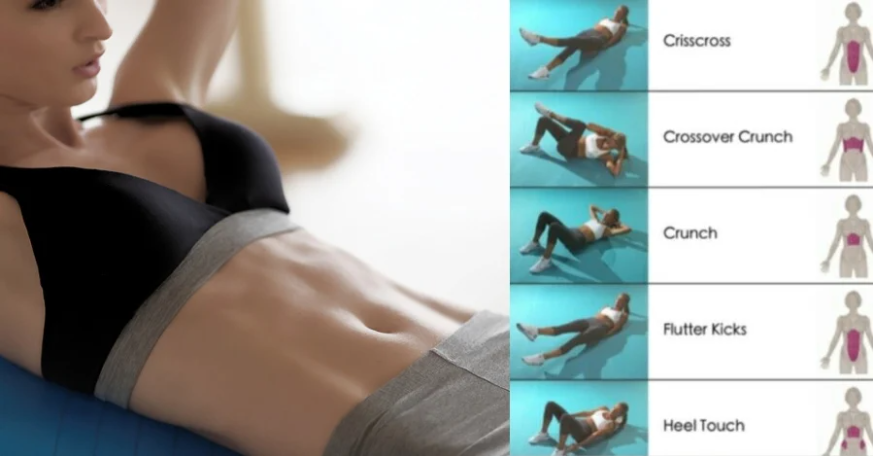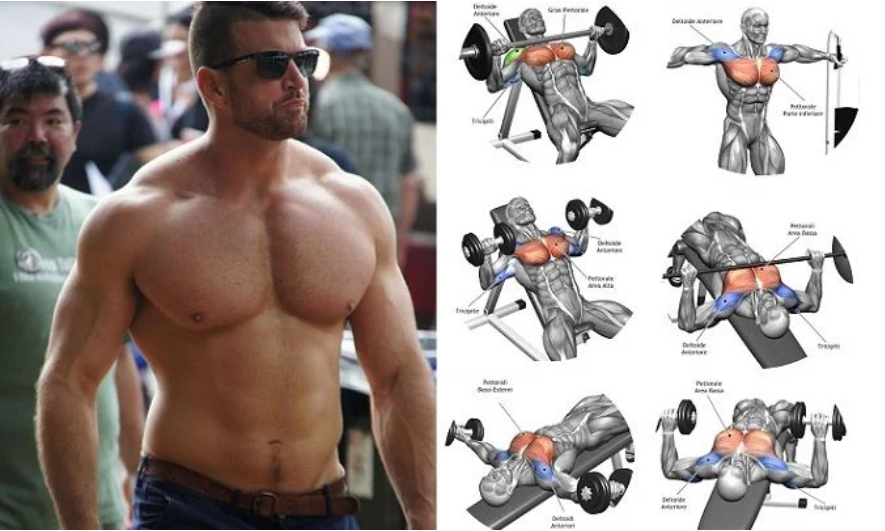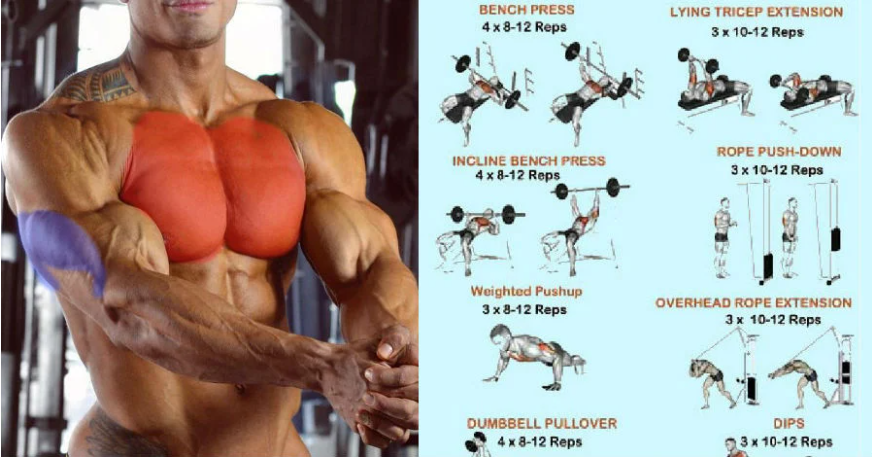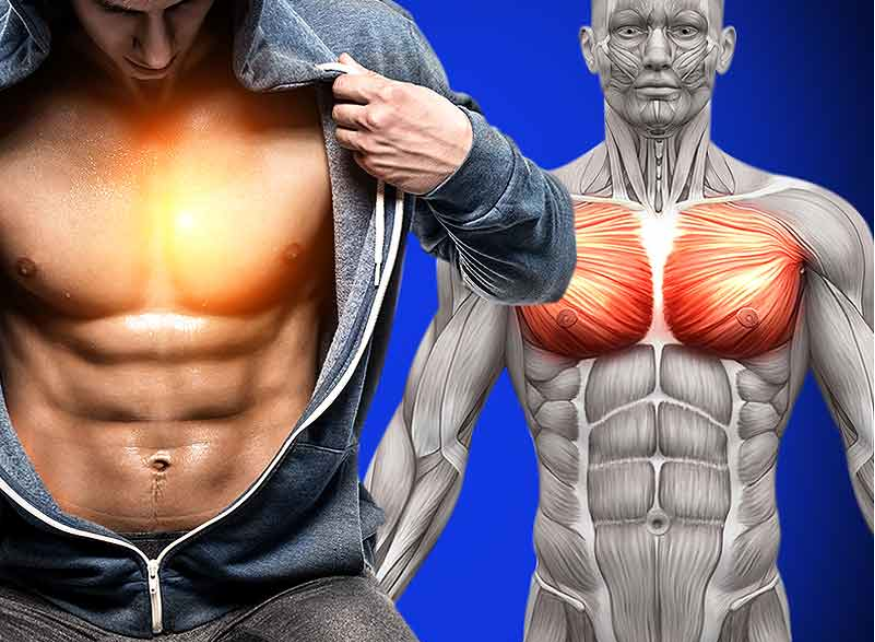Understanding the warning signs is the first step towards a pain-free workout
No pain, no gain. An expression used throughout gyms up and down the country and a motto that many PTs live by.

It’s also one of the most misleading pieces of advice ever given.
Quite simply, pain is your body’s way of telling you something isn’t right. It’s not dropping by for a cup of tea. And if you choose to ignore it, or worse still, attempt to power through it, you stand to run into a whole heap of problems.
So, the next time you hear someone say “Pain is temporary, quitting lasts forever,” give them a slap. Or just ignore them.
But before you do, it’s important to know the difference between pain and general discomfort. After all, if we all stopped the moment we felt a slight ache, we’d never get through a single bicep curl, let alone a workout.
Understand the burn
If you’re lifting big – within your limits, of course – your muscles will begin to heat up. But this is nothing to fear. It’s simply a natural result of pushing your body to its limits, caused by a build up of acidity in your muscles. Although the culprit may surprise you.
Despite what some people think, lactic acid is not the cause of the burning sensation, but rather the release of protons, which are naturally produced when the body starts to increase its need for ATP – a substance used as an energy source by your muscle cells.
In fact, according to research published in the American Journal of Physiology, lactic acid and lactate is actually beneficial, acting as a buffer by reducing the cell’s acidity. Yes, you heard that right. Lactic acid is good for us.
Should I stay or should I go? That deep heat is nothing to worry about – it’s a sign that your muscles are working hard. Learn to love the burn. Except when you’re peeing. If that’s the case, go and see a doctor right away.

Understand the ache
Ever wondered why you walk like John Wayne after leg day? Step away, slowly, from the panic button. Everything is just fine, cowboy.
“Naturally during exercise, muscle fibres break up and then re-model, which is an important phase of muscular growth,” says Chirag Patel, senior musculoskeletal physiotherapist of myphysiocroydon.com. “This process is well known as DOMS [delayed onset muscle soreness] and is an expected result of exercising, occurring within 24 to 72 hours after exercise and lasting up to three days.”
Should I stay or should I go? While your muscles may feel tender to touch and even ache, again, it’s nothing to worry about. “Stretching and light movements such as walking and swimming will help reduce the discomfort,” says Patel. “In fact, it’s encouraged, as research has shown that staying sedentary can make muscle soreness worse.”
Not sure what stretches you should be doing after your workout? We’ve got you covered with our post-stretching guide.
Understand the pain
The International Association for the Study of Pain defines pain as an ‘unpleasant sensory and emotional experience associated with actual or potential tissue damage.’
In other words, something that starts to bloody hurt.
Pain is a warning sign and its job is to let you know when something is about to go down.
In general, there are three types of pain: somatic pain (pulled muscles, sprained ankles and bone breakages); visceral pain (IBS, bladder disorders and appendicitis); and neuropathic pain (sciatica and carpal tunnel syndrome).
All three types are very different, bringing with them their own long list of symptoms and complications. However, the initial treatment for all remains the same. Stop!
Should I stay or should I go? “If you experience pain during your workout, attempting to push through it can result in a more serious injury,” says Patel. “If you feel pain, stop what you are doing and see if it goes away after a day or so.”
A bit of rest never hurt anybody.

